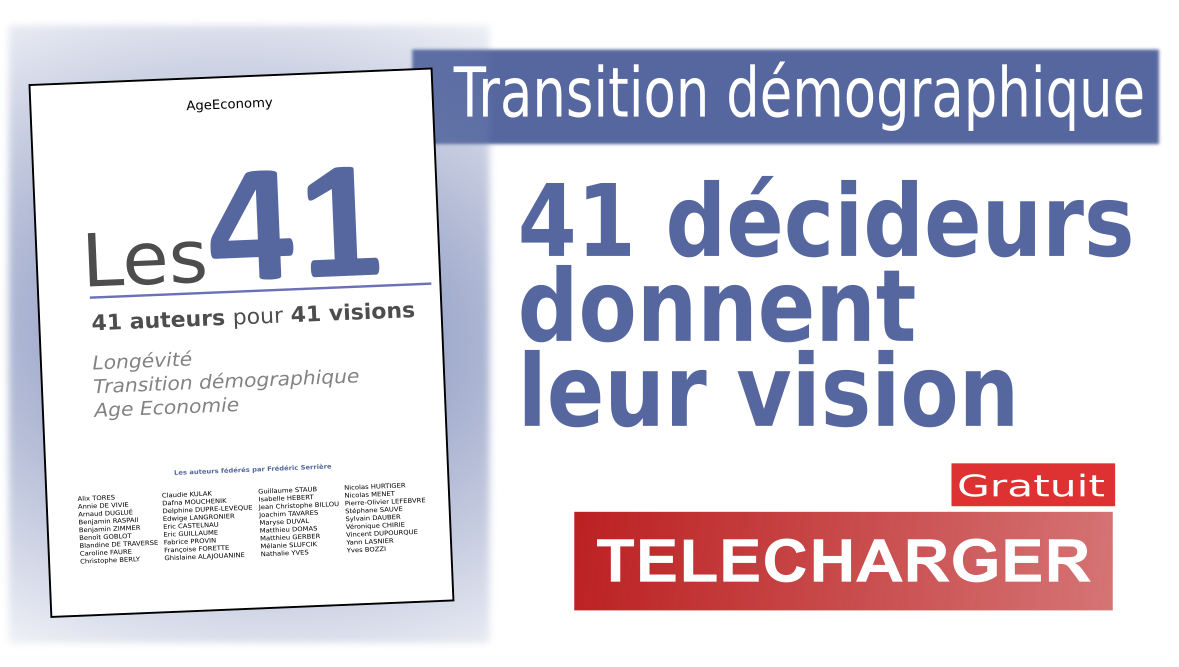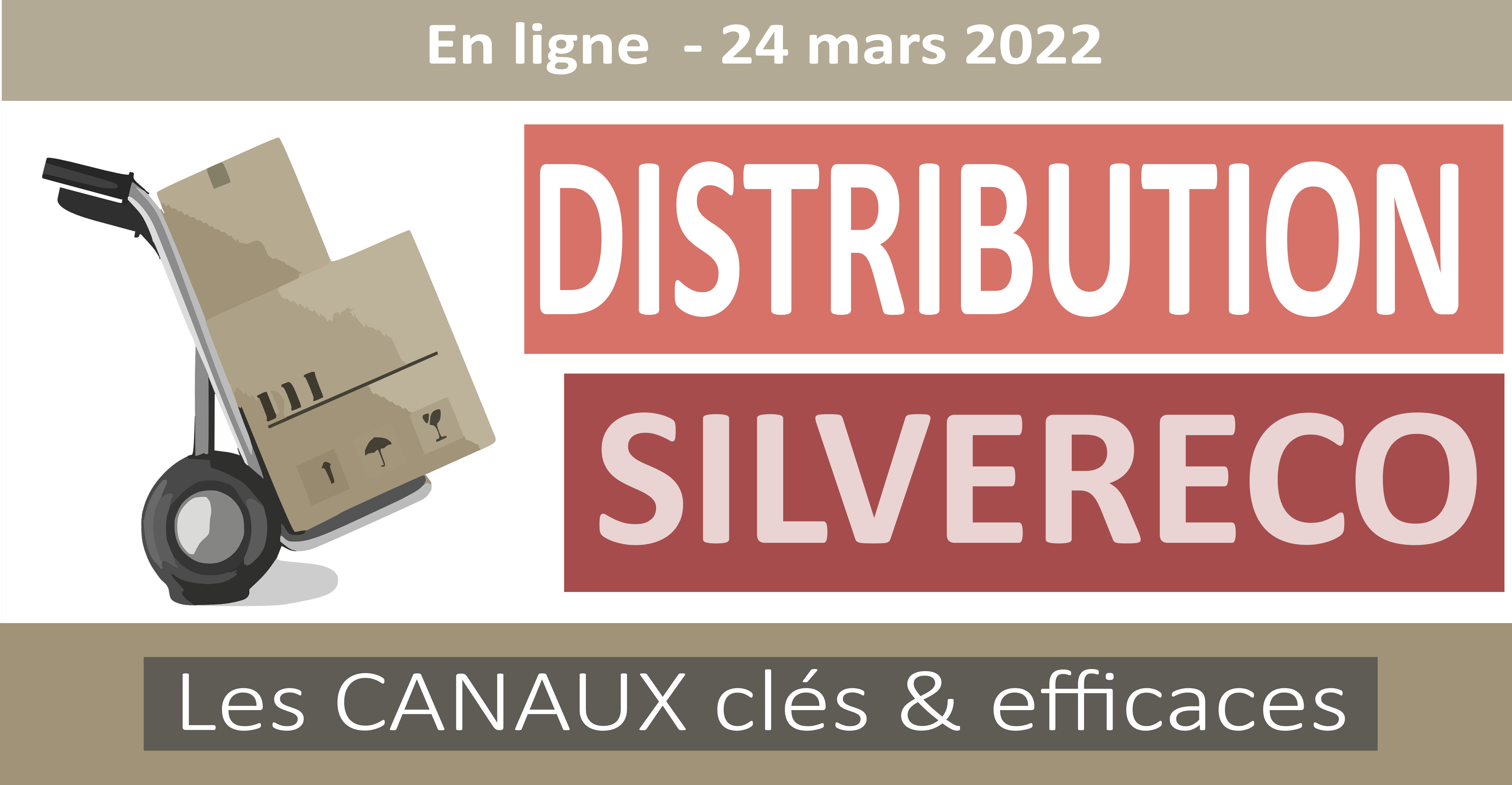The census bureau estimates that by 2050 approximately 25 percent of Americans will be over the age of 65. Yet our culture has done little to eliminate the one accepted prejudice that could relegate a quarter of our population to second-class citizenship – Ageism. As our population continues to age, the need to halt ageism and ageist practices becomes more urgent, according to the recently published issue brief by the International Longevity Center-USA (ILC-USA) entitled “The Future of Ageism.”
Ageism, like racism and sexism, is prejudice and discrimination against members of a group, in this case, older people. It does differ in two important ways. It is a universal prejudice because increased longevity means that we can all eventually become its victims; and unlike racism and sexism, it is rarely discussed in the media or through public discourse. It is a relatively new concept first mentioned by Robert N. Butler, M.D., president and CEO of the ILC-USA, in 1969.
“The great issues of aging in America—poverty, elder abuse, and loneliness—are by-products of our society’s tacit acceptance of ageism,” Dr. Butler wrote in his preface to the issue brief. “It can be seen in the failure to enforce basic standards in nursing homes, leaving the most vulnerable populations at risk. It is on display in the workplace, where ageism undermines the ability of older persons to remain productively employed and economically independent, and in the efforts of some corporations to transform pensions into ‘cash balance’ programs that rob older workers and their families of retirement security. Ageism is at work when physicians dismiss the complaints of older patients (‘What can you expect at your age?’)”
Erdman B. Palmore, Ph.D., author of the issue brief and professor emeritus at Duke University, reviews several potential “clouds on the horizon” that will either be made worse by ageist attitudes or contribute to them. He then proposes several possible solutions to reduce ageism the way our society reduced sexism and racism during the last 50 years.
“Although there are both optimistic and pessimistic outlooks for the future when it comes to ageism, the most important thing is to focus less on conjecture and more on activism,” Dr. Palmore said. “There is much that can be done to put an end to this social disease.”
For example, he believes the media’s representation of older people should become more sensitive to ageism and portray older people in a more positive light. As a source of public opinion, the media has an opportunity to portray older people positively and to focus on their accomplishments as well as important roles they play in the family and society.
Furthermore, the report encourages individuals and groups to pressure elected officials for better enforcement of legislation that supports equal opportunity for older people in the workplace. To help accomplish this, organizations dedicated to examining aging issues must continue to disseminate information and educate the public about growing older. Above all, individuals can fight the spread of ageism by organizing themselves with the support of local groups, unions, churches and other community organizations.
“As we age, we crave the same respect and consideration that we garnered in our youth,” said Dr. Butler. “We must work together—as a society—to promote positive, optimistic attitudes and portrayals of older people. If we fail to show compassion for and protect the rights of older people today, we are destined to suffer from the same ageist injustices tomorrow.”
The International Longevity Center-USA is a not-for-profit, nonpartisan research, policy and education organization whose mission is to help societies address the issues of population aging and longevity in positive and constructive ways and to highlight older people’s productivity and contributions to their families and to society as a whole. The ILC-USA is an independent affiliate of Mount Sinai School of Medicine and is incorporated as a tax-exempt 501(c)(3) entity




